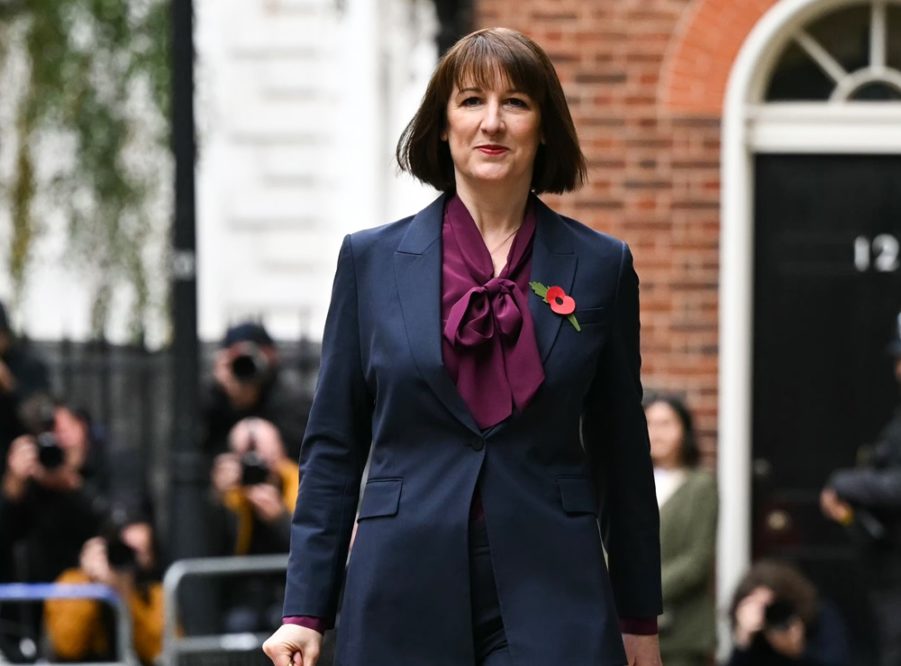Private sector hiring falls at fastest rate in nearly four years after Budget

Private sector employment fell at the fastest rate in nearly four years in early December, according to a survey, as firms continued reacting to the autumn Budget.
Activity across the UK’s private sector grew slightly in the first weeks of December, but more notable was a “marked pullback in hiring”, according to the research.
The S&P Global flash UK composite purchasing managers’ index (PMI) reported a reading of 50.5 for December, unchanged on November’s figure which was a 13-month low.
Expectations
It came in behind expectations of economists, who had pencilled in a reading of 50.7 for the latest survey.
The flash figures are based on preliminary data. Any score below 50 indicates that activity is contracting while any score above means it is growing.
Companies pointed to fragile consumer confidence, tighter corporate budgets and cutbacks to non-essential spending as factors hampering growth.
Early December survey data pointed to a third consecutive month of workforce numbers falling while the rate of job losses over the entire private sector was the fastest in just under four years.
Attrition
Services sector firms especially said the fall was mainly linked to attrition, the practice of not replacing voluntary leavers in response to rising employment costs.
Chris Williamson, chief business economist at S&P Global Market Intelligence, said: “Businesses are reporting a triple whammy of gloomy news as 2024 comes to a close, with economic growth stalled, employment slumping and inflation back on the rise.
“Economic growth momentum has been lost since the robust expansion seen earlier in the year, as businesses and households have responded negatively to the new Labour Government’s downbeat rhetoric and policies.
“Firms are responding to the increase in national insurance contributions and new regulations around staffing with a marked pull-back in hiring, causing employment to fall in December at the fastest rate since the global financial crisis in 2009 if the pandemic is excluded.
“While the December PMI is indicative of the economy more or less stalled in the fourth quarter, the loss of confidence and increased culling of jobs hints at worse to come as we head into the new year.”
Long-term factors
Some economists linked the fall in employment to longer-term factors which have hurt businesses throughout the year.
Inflation appeared to be on the rise as buying prices grew along with increasing salaries across the economy, both in the services and manufacturing sectors.
Manufacturers pointed to higher transport costs and a rise in the price of raw materials.
Rhys Herbert, senior economist at Lloyds, said: “This month’s data reflects some of the challenges that businesses have faced throughout 2024, including adverse weather conditions and ongoing geopolitical uncertainty.
“Firms will be focusing on finding ways to continue the recovery in early 2025 while remaining nimble to adapt to changeable economic conditions.”
Support our Nation today
For the price of a cup of coffee a month you can help us create an independent, not-for-profit, national news service for the people of Wales, by the people of Wales.





Rachel will be fine about this news – she has a background in handling complaints.
Since her career move into demolition services she is proving very adept at tearing down an economy while preaching an illusion of growth. She’ll be doing magic tricks at the Cabinet’s Xmas party just to keep her hand in.